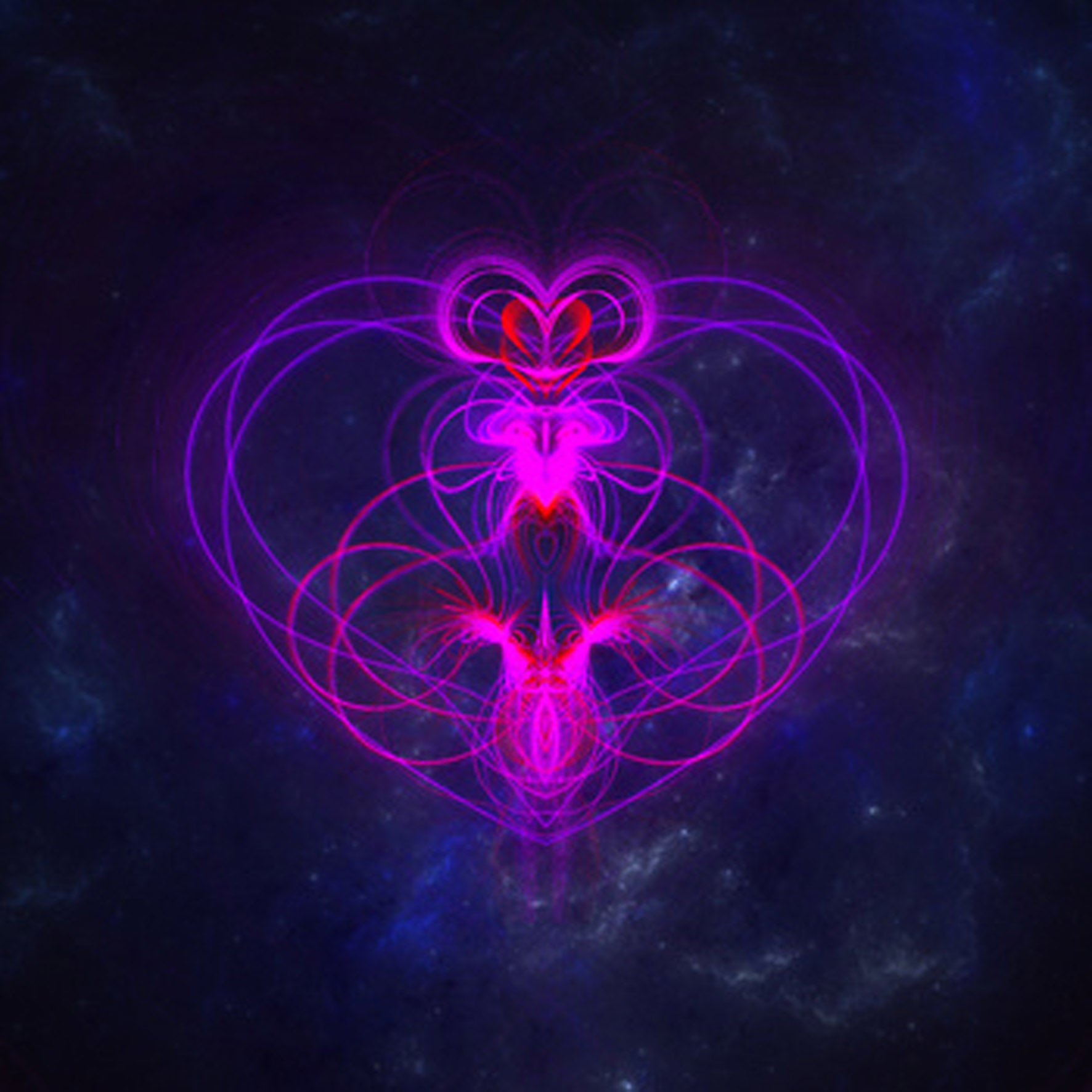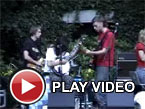Legendary Pink Dots, "Chemical Playschool Volumes 16 & 18"

I am not sure which is more amazing: that the Dots are now up to 18 (sort of) of these weird, free-wheeling, catch-all releases or that they are still occasionally both excellent and surprising.  In any case, this double release is quite a fine and rather substantial effort.  Like most (if not) all Chemical Playschool entries, this is not the place to come for hooks and tight editing, but Ka-Spel and company's abstract psychedelia nevertheless blossoms into some very beautiful, strange, and haunting interludes.  Anyone looking to completely detach from mundane reality for 90 minutes without the aid of pharmaceuticals would be hard-pressed to find a better option than this one.
Although they almost certainly derive from lots of jamming and improvisation, Chemical Playschool 16's three lengthy pieces make a very convincing show of seeming deliberate and well-composed.  Someone clearly spent an enormous amount of time editing all of these disparate ideas and motifs into a coherent, satisfying arc and it shows.  That is not to say that it is tightly structured or economically assembled, as such considerations are beside the point in such a free-floating phantasmagoric dreamscape.  What matters instead, in this case, is how seamlessly Ka-Spel and his colleagues flow through their various lysergic synthesizer reveries, brooding ambient passages, quirky grooves, surreal sound collages, and unsettling spoken-word passages.  While parts of Volume 16 definitely seem to be treading water creatively at times, it is packed with enough compelling set pieces and wonderful transitions to justify the more static bits.  The band has quite a bag of tricks at their disposal, imaginatively interspersing their more standard fare with crackling radio transmissions, mutant sambas, horror-movie organs, and snatches of The Silverman’s musique concrète.  My favorite part (as always), however, is Ka-Spel's macabre poetry, which ephemerally approaches his best work with Part Two's "The Monsters Take the Fun Away" section.
Appropriately, Volume 18 is no less amorphous and kaleidoscopic, though it differs from Volume 16 by being presented as a single 39-minute piece.  Initially, it starts off a bit weaker, however, opening with a druggy, neo-tropical-sounding dirge before morphing into a vista of sputtering, space-y psychedelia and a very trebly, ranting Edward Ka-Spel.  Given time though, Ka-Spel and his bandmates successfully plunge deep into the rabbit hole of brain-bending, hallucinatory abstraction once again and never look back (I felt like I was in an alien aviary at one point).  In fact, I think it may be even better than Volume 16 at making me feel like I am actually having aural hallucinations and that Edward Ka-Spel has creepily infiltrated my head somehow, even though the individual motifs do not seem quite as strong.  Maybe that is the secret though–the more shifting, warped, and vaporous the music, the more unreal it all seems.  Almost nothing from this half of the album ever sticks around long enough to be remembered, as it becomes essentially a stream of feverish ideas either whooshing by or bubbling to the surface only to be quickly consumed again by the background entropy.  Much like Volume 16, however, it fleetingly coheres for yet another mesmerizing and disturbing Ka-Spel monologue masterpiece, this one entitled "The Only Living Doll in the Doll House."  It is a classic.
While this sprawling effort is not exactly flawless, it was never intended to be, as the Chemical Playschool albums are always far more concerned with experimentalism than songcraft.  I am perfectly fine with that state of affairs, as I generally prefer their more unhinged and abstract forays to their actual songs.  More importantly, the flaws are extremely minor this time around–occasionally a section will be somewhat weak or overstay its welcome a bit, but there is nothing shrill, clumsy, jarring, or jammy to be found.  The Dots were certainly not lacking for ideas and do a beautiful job of sequencing and avoiding clichés, repeating themselves, or relying too heavily on their own tropes.  For anyone already indoctrinated into LPD fandom and amenable to their occasional indulgences, this is nearly an hour-and-a-half of imaginative, top-shelf psychedelia and my current lead contender for best LPD release of the year.
 



